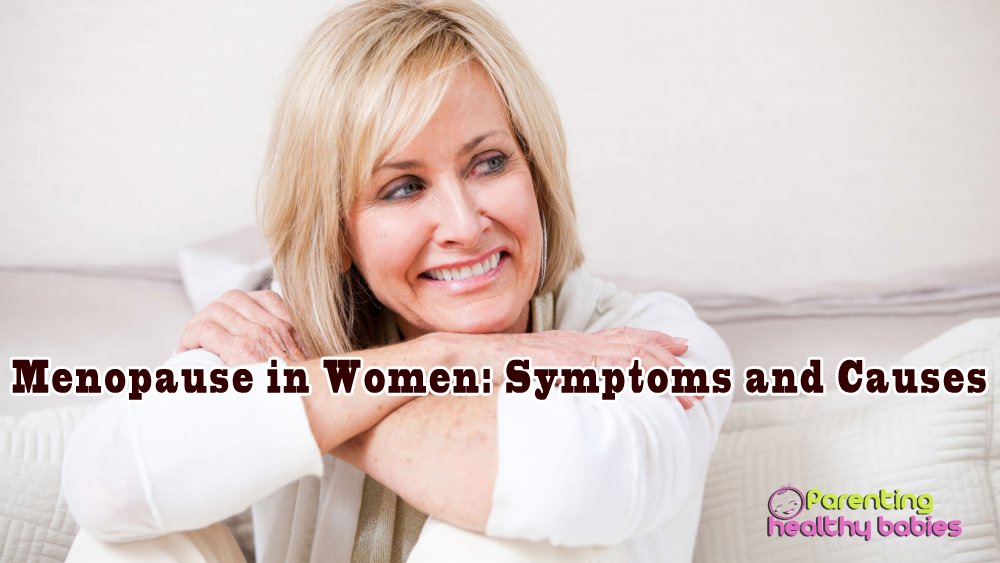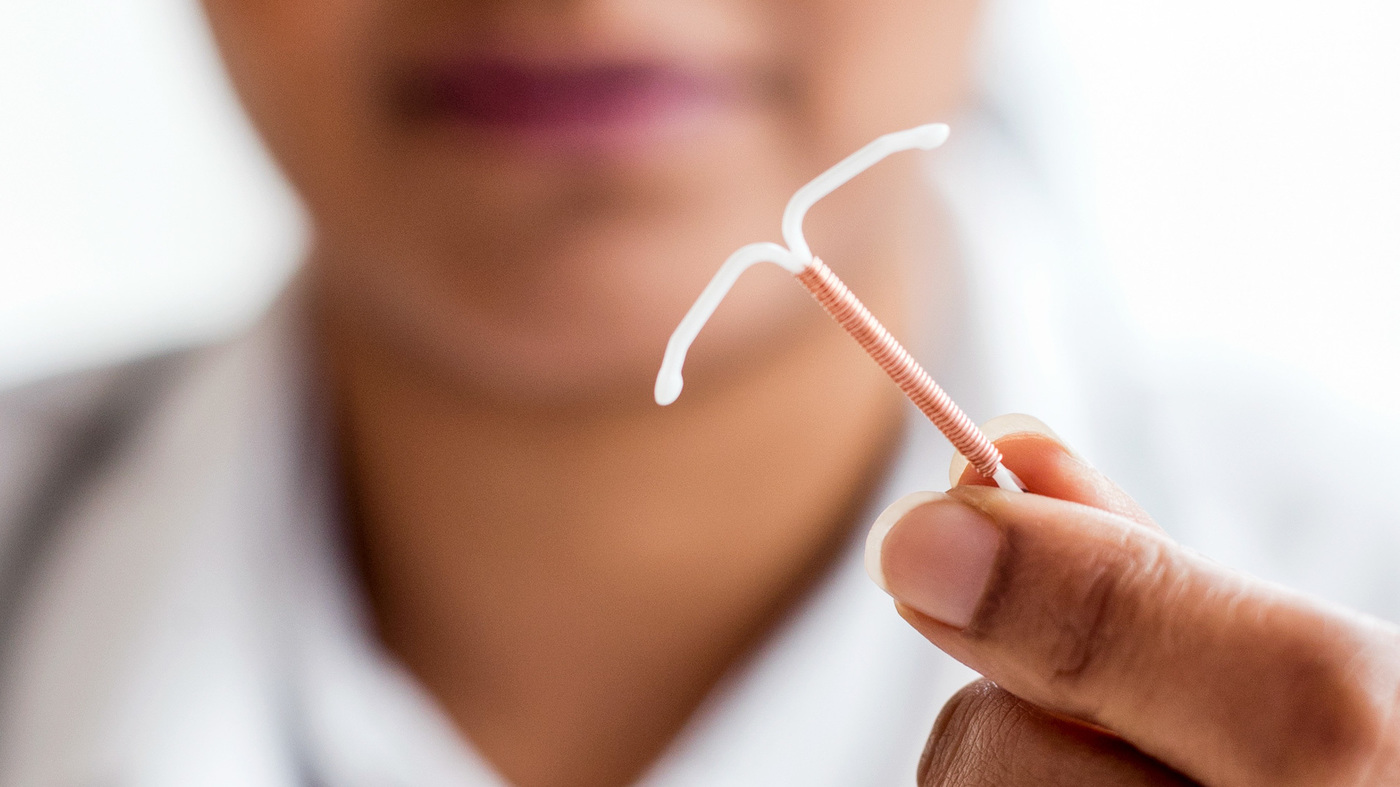Some of the symptoms of menopause in women includes irregular periods, lower fertility, vaginal dryness, hot flashes, night sweat, urinary problem, disturbed sleep and emotional changes, to name a few. The symptoms generally vary from woman to woman, however, women usually experience irregular periods before they completely go away.
The phase in a woman’s life that marks the end of her menstrual cycle is called menopause. Once you complete 12 months without a menstrual period, you are said to be menopausal. Women can experience menopause either in their 40s or 50s.
This natural and biological process comes with certain telltale symptoms like hot flashes and some emotional symptoms that may lead to have interrupted sleep and low energy, among others.
Symptoms of Menopause:
Before you actually experience menopause, you will experience peri-menopause whose symptoms are irregular periods, hot flashes, vaginal dryness, chills, mood swings, weight gain, dry skin, night sweats, problems sleeping, retarded metabolism, thin hair and breast shrinkage, among others.
Read more: Perimenopause- Signs and Symptoms
However, changes in menstruation and other symptoms vary from woman to woman. Usually, women experience irregular periods before they completely go away.
Some of the most common symptoms are
Irregular periods
When your menstrual pattern undergoes significant change, menopause sets in. It’s not uncommon for women to have a period every two to three weeks while others will be period-free for months consecutively.
Lower fertility in women
About three to five years before menopause can set in, women experience perimenopause. During this former stage women experience a significant fall in their oestrogen levels which lower their chances of becoming pregnant.
Vaginal dryness
Women sometimes experience vaginal dryness, discomfort, dryness and itching in the vagina during perimenopause. Consequently, women can have painful sex or dyspareuniadue to reduce oestrogen levels. When this happens, vaginal atrophy sets in. Vaginal atrophy refers to vaginal inflammation that occurs because of the shrinking and thinning of tissues and reduced lubrication.
Hot flashes
A common symptom of menopause, women experience hot flashes in the first year after one’s final period. You can identify hot flashes as those sensations that produce heat in the upper part of a woman’s body. Women may first experience this in their faces, necks or chests and find the sensation either moving further upward or downward. Facial skin may turn red and inflamed and will be accompanied by perspiration, sudden increase in heart rate or her heart rate may even become irregular.
Read more: 11 Home Remedies to Ease the Symptoms of Perimenopause
Night sweats
When you experience hot flashes at night while you sleep, this is called a night sweat. However, on the plus side, women who experience hot flashes say that they last for just a few minutes. There are studies that point to the fact that whether women experience mild night sweats or severe, they experience this symptom of menopause for a little over 10 years.
Disturbed sleep
As women pass through their menopause phase, some find it difficult to fall asleep, while others find equally difficult to stay asleep. Sometimes, night sweats can cause discomfort at night and make sleeping difficult. During menopause, women also suffer from disturbance during sleep, which is caused due to anxiety or insomnia.
Urinary problems
A woman’s smoothly functioning urinary cycle can be affected by menopause. During menopause, women are naturally more prone to suffering from Urinary Tract Infections (UTIs). They could also need to urinate more often than before.
Emotional changes
Menopause can bring on a host of feelings, common among them being depression and feeling low. Put this down to the hormonal changes that set off feelings of depression and contrary mood swings. Often, depression and mood swings accompany sleep disturbances. Emotional changes also bring about low sex drive or libido among women. Other problems women experience problems with learning and concentrating. Menopausal women also suffer from short-term memory problems and difficulty focusing on anything for protracted periods.
Read more: Can I Get Pregnant if I am Premenopausal
Causes of Menopause in Women
Women suffer from menopause is due to a variety of reasons, such as:
Decline of reproductive hormones
Once you hit your 30s, your ovaries produce less of the reproductive hormones, ooestrogen and progesterone, that also control menstruation. This causes your fertility to fall. Consequently, when you’re in your 40s, you have shorter or longer periods, lighter or heavier, and more frequent or less. By the time you enter your 50s, your ovaries stop manufacturing ova till you no longer have any periods.
Hysterectomy
Undergoing a hysterectomy means removing your uterus, though not your uterus. This doesn’t lead to menopause. Though your periods might stop, your ovaries might still continue to give eggs and produce the two reproductive hormones, ooestrogen and progesterone. However, surgery that means a removal of both your ovaries and uterus doesn’t lead to immediate menopause. Your menstrual periods stop immediately, and you will experience hot flashes and other common menopausal symptoms, sometimes severe.
Read more: Natural Ways to Postpone Menopause Before It’s Too Late
Procedures and surgeries
If you have had a procedure or surgery recently, it could lead to premature ovarian failure, which includes:
- surgery to remove the ovaries or the womb
- radiotherapy or chemotherapy to the pelvic area
Chemotherapy and radiation therapies
These therapies that treat cancer are capable of inducing menopause, causing symptoms like hot flashes during a course of treatment or soon after.
Insufficient levels of reproductive hormones
Women can experience menopause when their levels of ovaries’ production are insufficient. This could be due to autoimmune disease or to genetic factors. In order to protect the heart, brain and bones of such women, hormone therapy is recommended till they reach the natural age of menopause.
Induced menopause
When the ovaries are removed surgically in cases such as endometriosis or uterine cancer, induced menopause is resorted to. Also, if your ovaries are damaged because of chemotherapy or radiation, it could lead to induced menopause.
Infections
If you suffer from infections like mumps, chickenpox, dysentry, shingles, TB or malaria, it could mean the early advent of menopause.
Specific diseases
There are certain diseases such as Addison’s disease, Down’s syndrome, hypothyroidism and Turner syndrome that lead to early advent of menopause.
Conclusion
No matter what the symptoms and causes of menopause may be, don’t let it weigh you down. Instead celebrate this new phase of your life by being positive, loving and accepting yourself the way you are and embracing this newness in your life.
Hope this article was of help to you! Please share your comments/queries/tips with us and help us create a world full of Happy, Healthy and Empowered Women!!
Resources:
https://www.medicalnewstoday.com/articles/155651.php
https://www.mayoclinic.org/diseases-conditions/menopause/symptoms-causes/syc-20353397
https://www.news-medical.net/health/Causes-of-Menopause.aspx













